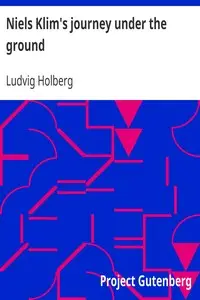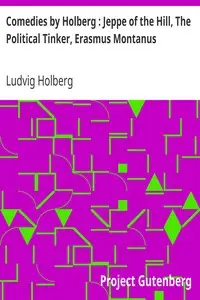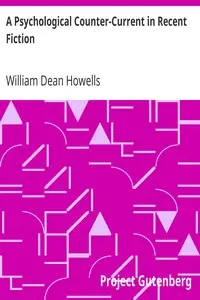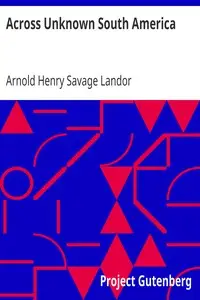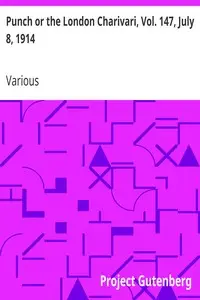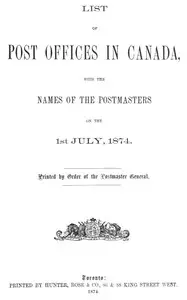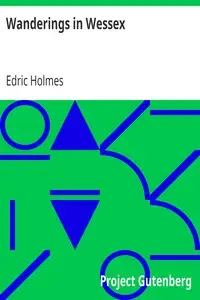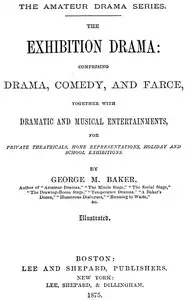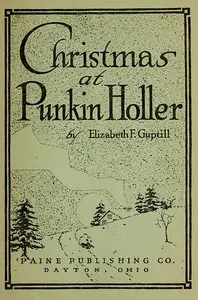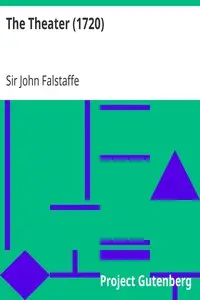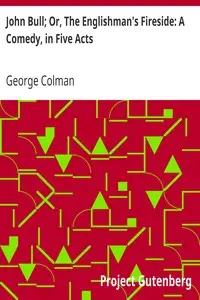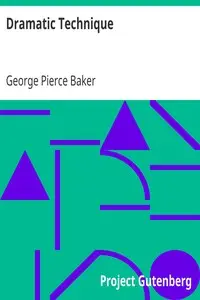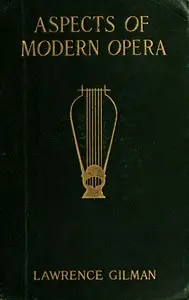"Jeppe on the Hill; Or, The Transformed Peasant: A Comedy in Five Acts" by Holberg is a comedic play written in the early 18th century, making it a work from the Enlightenment period. The narrative revolves around a peasant named Jeppe, who suffers under the oppressive hand of his wife, Nille, and the societal hierarchy. The play engages with themes of class, identity, and the absurdity of social status while providing a humorous perspective on the struggles of the lower classes. In this comedy, Jeppe, after being manipulated by the nobility, experiences a transformation when he finds himself mistakenly transported to an opulent lifestyle, only to eventually revert back to his peasant life. The plot unfolds as Jeppe is pranked into believing he has become a baron, indulging in the luxuries that come with it. However, his life spirals back into chaos when he is caught up in a mock trial for impersonating a noble. The play satirizes the foolishness of societal pretensions and the fleeting nature of power, highlighting Jeppe's humorous yet tragic journey from a downtrodden peasant to a momentary lord and back again. Through this narrative, Holberg cleverly critiques the rigid class structures of his time while entertaining the audience with laughter and wit. (This is an automatically generated summary.)
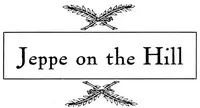
Jeppe on the Hill; Or, The Transformed Peasant: A Comedy in Five Acts
By Ludvig Holberg
"Jeppe on the Hill; Or, The Transformed Peasant: A Comedy in Five Acts" by Holberg is a comedic play written in the early 18th century, making it a wo...
Ludvig Holberg, Baron of Holberg was a writer, essayist, philosopher, historian and playwright born in Bergen, Norway, during the time of the Dano–Norwegian dual monarchy. He was influenced by Humanism, the Enlightenment and the Baroque. Holberg is considered the founder of modern Danish and Norwegian literature. He was also a prominent Neo-Latin author, known across Europe for his writing. He is best known for the comedies he wrote in 1722–1723 for the Lille Grønnegade Theatre in Copenhagen. Holberg's works about natural and common law were widely read by many Danish law students over two hundred years, from 1736 to 1936.


